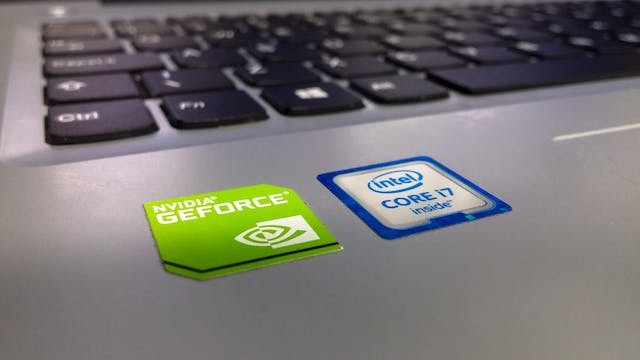The US Supreme Court has dismissed a fresh attempt to revive part of Intel and Edwards Lifesciences' lawsuit challenging a Patent and Trademark Office policy. This policy has led to a reduction in the number of patents the office reviews.

What Sparked the Challenge?
Intent on questioning the established norms, Intel and Edwards threw a challenge to the courts previously decided case, and their plea revolved around the Supreme Court's decision which they believed would give the patent office 'free rein' to adopt standards that 'undermine the patent system with no judicial oversight.' However, their appeal to challenge these standards was dismissed in the lower court.
Those involved in the legal process know that being silent sometimes speaks volumes, and significantly, representatives for Intel and the patent office declined to comment on the decision made on Monday. Representative for Edwards, at present, chose not to respond.
Previous Attempts to Challenge the Rule
It's important to state that this isn't the first time entities have attempted to challenge patent standards. Earlier requisitions by Intel, Apple, and Mylan, a Viatris-owned generic drugmaker, contested the patent office's policy but ran into a wall as the Supreme Court also rejected their calls.
The Patent Trial and Appeal Board's Role
Interestingly, the Patent Trial and Appeal Board allows plaintiffs to question the authenticity of specific patents. This process, more commonly known as Inter Partes Review, is often employed by big tech firms that face numerous patent lawsuits to dispute patents they're accused of violating.
Following a 2020 internal rule, the board's judges could reject petitions based on different elements, like whether a related lawsuit is closer to trial.
Who Else Voiced Their Opposition?
This policy instigated a sense of unfairness, generated debates within the corporate circles, and met with staunch resistance from Intel and Edwards. Other tech majors such as Apple, Google, and Cisco echoed the dissent in a Californian federal court. They contended that the policy contravened federal law and weakened the significant role that Inter Partes Review plays in buttressing a sturdy patent system.
However, as the dust settled on this contention on Monday, Apple, Google, and Cisco were not involved in the appeal's outcome.
Legal Support Is Crucial
These corporate battles illustrate the significance of experienced lawyers navigating lax or complex patent policies. Legal assistance from an experienced patent law professional is invaluable in asserting a claim, especially when conflicts and contradictions mark this field.
If you find yourself entwined in legal difficulties such as these, remember to seek help from an experienced lawyer who can guide you by simplifying the complexities of the patent system. To get more information, request for legal assistance today. Secure your intellectual property rights and ensure a more robust patent system serves its real purpose.




